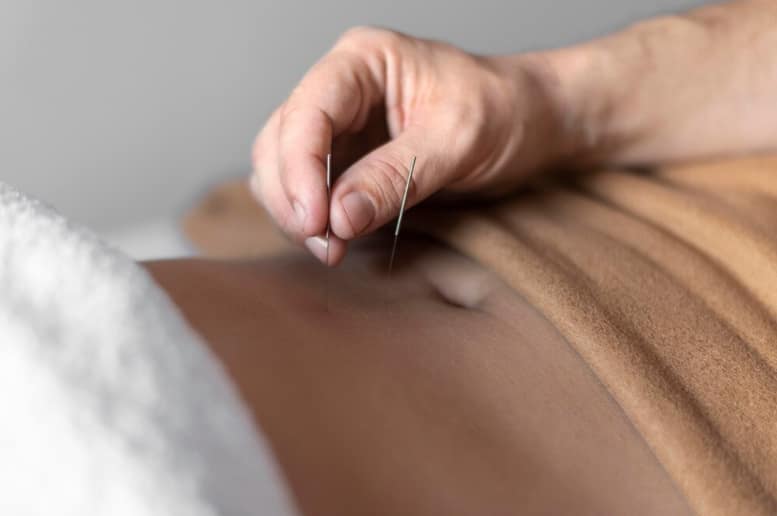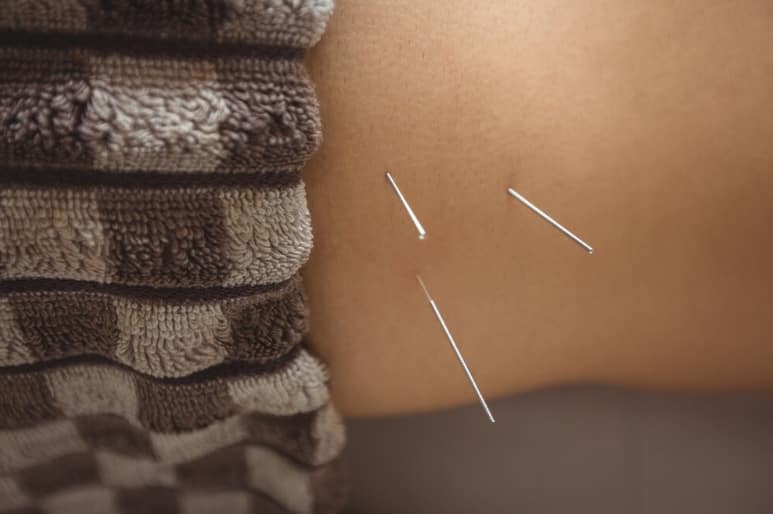
Does Acupuncture Really Work? This ancient practice, involving thin needles, has raised questions about its effectiveness. Many people wonder if acupuncture truly works, especially with skepticism from some doctors. In this blog, we’ll explore the reasons behind the skepticism surrounding acupuncture, why it’s not universally recommended, and reveal the underlying methods and potential benefits. By uncovering the science behind acupuncture, we aim to help you understand does acupuncture really work and its place in modern medicine, particularly in pain management and overall wellness.
Is there any proof that acupuncture works?
Snippet: Yes, studies show that acupuncture can effectively reduce pain and treat various conditions like headaches and back pain.
Detailed Answer: Acupuncture has been studied extensively and evidence suggests it can be effective, especially in pain management and for conditions like migraines, arthritis, and chronic back pain. Researchers believe acupuncture works by stimulating nerves, which send signals to the brain to release natural painkillers. It can also increase blood circulation, which helps heal tissues. While not all studies agree, many health professionals acknowledge its benefits, leading to its integration into various treatment plans alongside conventional medicine.

Why don’t doctors like acupuncture?
Snippet: Some doctors are skeptical of acupuncture because its effects are difficult to measure scientifically and results vary.
Detailed Answer: Acupuncture’s principles are based on traditional Chinese medicine, which talks about energy paths in the body that are not easily observable like blood vessels or nerves. This concept, along with the subjective nature of patient-reported outcomes, makes it challenging for some in the scientific community to accept or endorse acupuncture. Additionally, while some patients experience significant benefits, others may see little to no effect, leading to mixed opinions among doctors. Skepticism often stems from a lack of consistent, high-quality scientific evidence and an understanding of how exactly acupuncture works according to modern medical science.
What is the secret of acupuncture?
Snippet: The secret of acupuncture lies in its holistic approach to balancing the body’s energy, promoting natural healing.
Detailed Answer: Acupuncture is more than just needle therapy; its secret lies in its holistic approach to health. It aims to balance the body’s qi (energy flow), which traditional Chinese medicine practitioners believe is essential for good health. By inserting needles at specific points, acupuncture stimulates the body’s own healing mechanisms, potentially affecting everything from the immune system to stress levels. This method allows the body to correct imbalances on its own, which is thought to prevent illness and promote well-being. This natural, body-centric approach to healing is what makes acupuncture unique and effective for many people.
Conclusion
The secret of acupuncture lies in its integrative approach, blending ancient wisdom with modern physiological effects. While skepticism exists, its impact on pain relief, stress reduction, and overall well-being has led to its acceptance in many medical settings.

